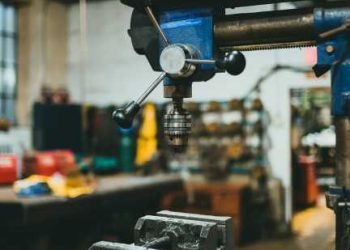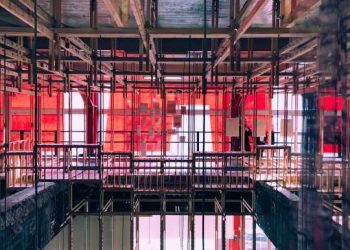In an era where customer-centricity is a top priority for businesses, the concept of mass customization is gaining significant attention in the manufacturing industry. Mass customization refers to the process of producing goods and services that are designed to meet the specific needs and preferences of individual customers, while still maintaining the economies of scale associated with mass production. With the advancements in technology and the ever-changing demands of consumers, exploring the concept of mass customization in manufacturing has become a compelling topic for businesses.
Traditionally, manufacturing has been characterized by mass production, where companies produce large quantities of standardized products to achieve economies of scale. However, with the rise of customer expectations for personalized and unique products, mass customization offers a way to meet these demands without sacrificing efficiency and profitability.
One of the key drivers behind the concept of mass customization is the advancements in technology. Automation, robotics, and computer-aided design (CAD) software have revolutionized the manufacturing industry, enabling companies to produce customized products on a large scale. For instance, 3D printing has emerged as a transformative technology that allows manufacturers to create highly customized products by building them layer by layer. This technology opens up new possibilities for personalized manufacturing, as it eliminates the need for expensive and time-consuming molds or tooling.
Mass customization not only benefits customers by providing unique products that cater to their specific needs and preferences, but it also offers several advantages for manufacturers. Firstly, it allows companies to differentiate themselves from competitors by offering a personalized experience to customers. This can lead to increased customer loyalty, brand recognition, and ultimately higher profitability. Secondly, mass customization minimizes the risks associated with excessive inventory, as manufacturers only produce products that have been ordered, reducing the need for large warehouses and excess stock. Moreover, mass customization can also lead to cost savings in the long run, as the customization process becomes more efficient and streamlined over time.
To successfully implement mass customization, manufacturers need to focus on several key aspects. Firstly, they need to have a deep understanding of their customers and their preferences. This requires gathering and analyzing customer data through market research, surveys, and customer feedback. By understanding their target audience’s needs and desires, manufacturers can tailor their products to meet those requirements.
Secondly, manufacturers need to invest in agile and flexible production systems. This means having the capability to quickly reconfigure production lines and processes to accommodate the customization requirements. Embracing digital technologies, such as automation and robotics, can significantly enhance a manufacturer’s ability to rapidly adapt to changing customer demands.
Additionally, collaboration throughout the supply chain is crucial for successful mass customization. Manufacturers need to establish strong relationships with suppliers, as well as create a network of partners who can assist in customizing and delivering the products to customers. This collaborative approach ensures a smooth flow of information and materials, minimizing lead times and enhancing the overall customer experience.
In conclusion, mass customization represents a paradigm shift in manufacturing by enabling companies to produce personalized products on a large scale. With advancements in technology and changing customer expectations, exploring mass customization has become vital for businesses seeking to remain competitive. By understanding customer preferences, investing in agile production systems, and fostering collaboration throughout the supply chain, manufacturers can successfully implement mass customization and create a unique experience for their customers. As the trend towards personalization continues to grow, mass customization is poised to become a fundamental aspect of modern manufacturing.












